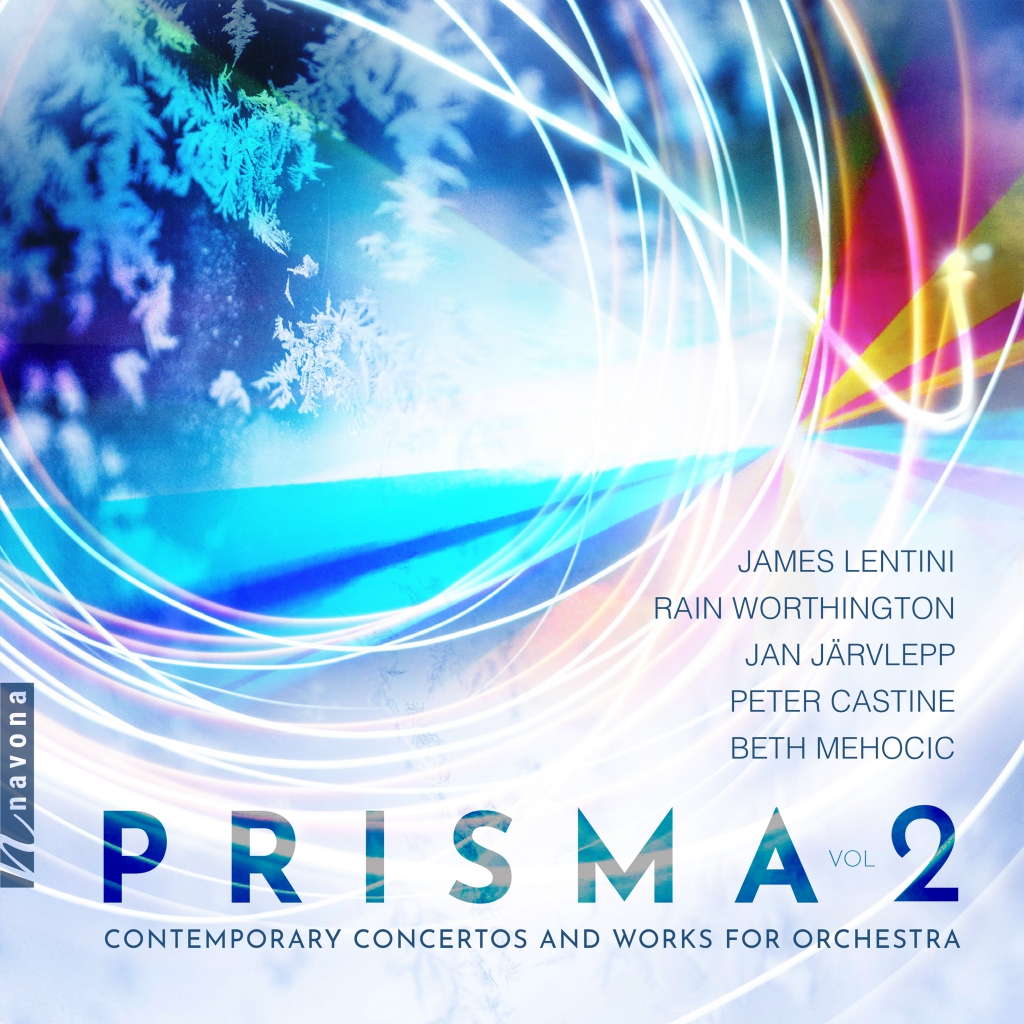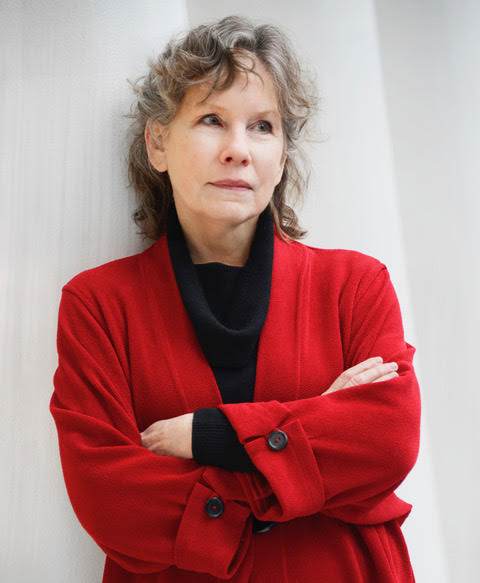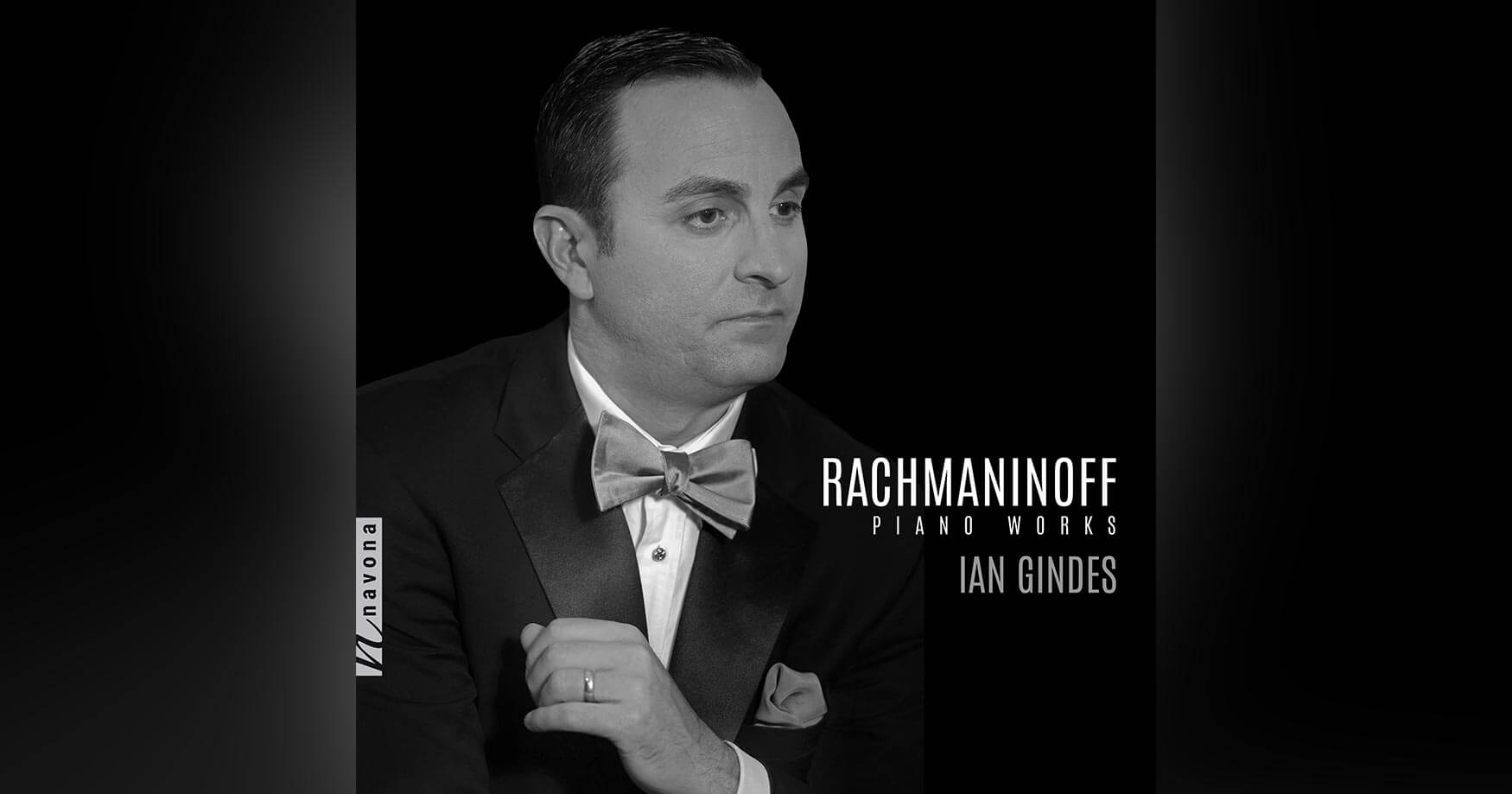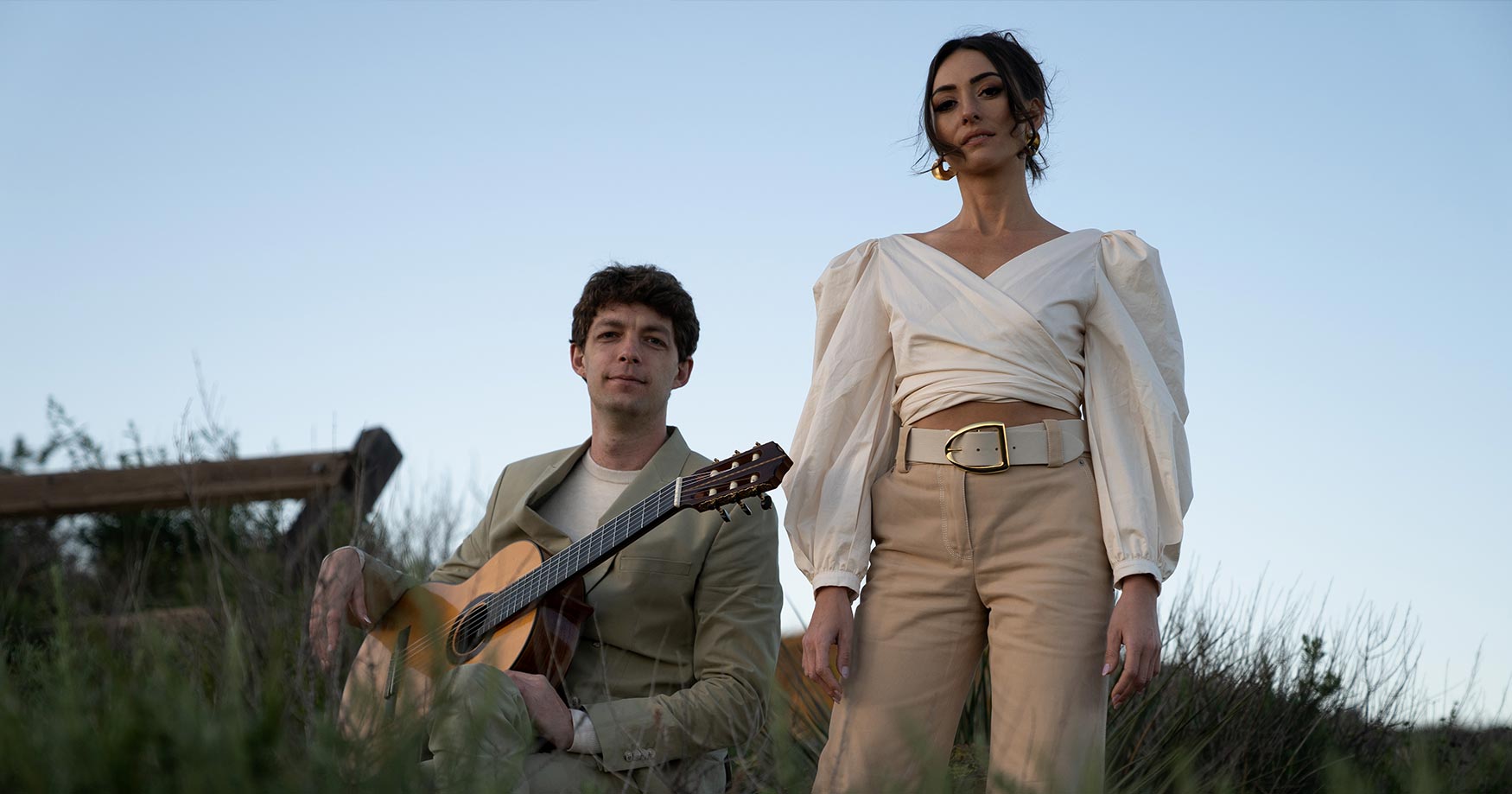Self-taught in composition, Rain Worthington’s catalog includes works for orchestra, chamber ensembles, duos, solos, and miniatures. Inspirations for pieces have ranged from “NYC trucks late into the night, to the two-note expression of a sigh, to a dream of a careening bike ride through dark fog.”
Inspired by the energy of the contemporary classical scene, Rain pursued her fascination with orchestral music and taught herself notation and orchestration. Her orchestral writing has been described in the IAWM Journal as “a fusion of styles—ancient, medieval sounds expressed via modality and open sonorities, modernist minimalist ostinato, and classical approaches to basic ideas—to capture components of the human experience.”
Today, Rain is our featured artist in “The Inside Story,” a blog series exploring the inner workings and personalities of our artists. Read on to learn about Rain’s first performance, in the loft of an old Manhattan spice warehouse…
And if you haven’t had a chance yet to listen, discover Rain’s spoken interview with PARMA where we dive deeper into the topics of creative processes and her new releases:
What inspires you to write?
Sounds from daily life can often inspire the beginnings of my compositions – the rhythmic sounds of water, the cycles of machines, the distant hum of trucks, or the more abstract, unformulated emotions lingering after a dream. There was a great scene in the series “Mozart in the Jungle” where the conductor is riding in a car crossing a bridge. As he hears the rhythms of the tires on the pavement and the boat horns on the river, he says, “Do you hear that? That’s the opening with the snare drum, then timpani, and now comes the brass, and then, listen, the winds enter. Do you hear? It’s a symphony!” What I love about being a composer is translating the experience of living into music.
Tell us about your first performance.
The first solo concert I performed of my piano compositions was a heart-pounding experience. At the time I didn’t know how to notate music, didn’t have any training on piano, and was playing the first nine compositions I had ever composed, from memory, mostly with eyes closed, for the hour-long concert. Composer/pianist, Charlemagne Palestine had generously offered me his loft space for my concert. It was in an old spice warehouse in downtown Manhattan. He had a beautiful Bösendorfer grand piano. As the audience settled in on the wooden floor in the dimly lit loft, aromas of spices wafted through the air. To record the concert, a large reel-to-reel tape deck was placed under the piano. I began with my hands shaking uncontrollably, feeling that I would not be able to go on. But then as the sound of the beautiful piano enveloped me, I was again in the private space of music, and all nervousness slipped away, and I played the music of my soul.
If you could collaborate with anyone, who would it be?
This is a difficult question to answer. Each musician’s performance is unique. Each adds personal details of subtlety and depths of feeling that can only be suggested in musical notation. I have been introduced to some wonderful musicians through PARMA. One is cellist Carmine Miranda whom I met during recording sessions in the Czech Republic and would be thrilled to collaborate with. He’s an extraordinary musician. Over the years I have turned to him for advice on notating musical nuances, especially in writing for strings, and have found that we share a similar musical sensibility. He generously made a home demo recording of my first solo cello piece, Resolves. The depth of his performance was stunning and I dedicated the piece to him. I love writing for cello, and so with this first venture into writing for cello and orchestra I am also genuinely grateful to Petr Nouzovský for his wonderfully sensitive performance as the cello soloist on this PRISMA VOL 2 release of Full Circle.
What advice do you have for young musicians?
The advice I would offer to anyone who wants to start composing or playing an instrument is that it is essential to unplug. Open yourself to times of silence to hear your own inner music and the aural patterns of daily life. Approach the discovery of your personal soundscape with a sense of playfulness. And allow yourself to be receptive to the emotional capacity of music and allow your emotions to be expressed through your music.
Where and when are you at your most creative?
I am most creative in my own studio in the evening. That is the time when I can put aside any practical distractions and commitments of the day and get to a place of openness. I am also more productive during certain seasons – often I get a surge of creativity after the winter holidays have passed and I am eager get on with my life and music. One piece that arose directly from this post-holiday-moving-on energy was Still Motion that was released through PARMA on the SPARKS album.
Who are your musical mentors?
First and foremost I would say Charlemagne Palestine was my most important mentor and absolutely pivotal for my career as a composer. He listened to my first piano pieces, believed in my music, and gave me the opportunity to perform a concert of my solo piano works at his loft. The recordings I have of my early piano works were made during these concerts. The most formative mentors for an artist’s early career are not the ones that are strict disciplinarians, but rather the ones that are uncritically supportive and nurturing. Charlemagne’s mentorship nurtured me as a composer.

Full Circle on PRISMA VOL 2 will be available for streaming or purchase through Navona Records on May 10. Click here to pre-order.
The views and opinions in this post do not necessarily reflect those of PARMA Recordings LLC and its subsidiaries, including Navona Records.



